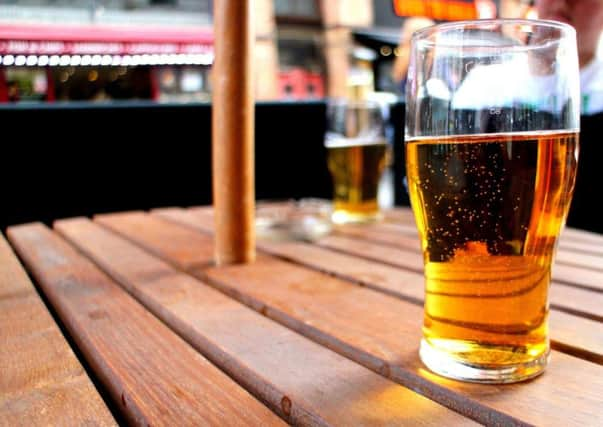Drink a factor in 47% of self harm incidents in the Western Trust


New data from the Public Health Agency (PHA) show that in 2017/18 the Trust area had rates of self-harm higher than the regional average.
The male rate (436 per 100,000) was 29 per cent higher, while the female rate (409 per 100,000) was 15 per cent higher. Alcohol was a big factor.
Advertisement
Hide AdAdvertisement
Hide Ad“The involvement of alcohol in 2017/18 varied across HSCT area, ranging from 39 per cent in the South East to 47 per cent in the Western HSCT,” the PHA reports.
A PHA spokesperon said: “The report highlights the involvement of alcohol in self-harm behaviour. If an individual has alcohol consumed when presenting to the Emergency Department (ED) or discloses that they consumed alcohol before, during or after the self-harm act, it is recorded as ‘alcohol was involved’.
“Whilst the Western area has the highest percentage of alcohol involvement (47 per cent) in 2017/18, it’s important to note that this has decreased from 58 per cent in 2012/13.
“Regionally the proportion of self-harm cases where alcohol was involved has fallen from 51 per cent in 2012/13 to 44 per cent in 2017/18.”
Advertisement
Hide AdAdvertisement
Hide AdThe NI Registry of Self-Harm Annual Report 2017/18, which has just been published, further observes that people who self-harmed in the Western Trust were more likely to have done so before than in other parts of the North.
“In 2017/18 repetition rates ranged from 19 per cent in the South Eastern HSCT to 23 per cent in Belfast and Western Trust areas,” the data reveal.
The PHA said: “There are a range of support services available for people who are struggling with these issues.
“Some people may need care by HSC Trust mental health services and some people may be suitable for referral to other support services in the community such as the Self-Harm Intervention Programme (SHIP) or in some cases referral to services to help with misuse of alcohol or drugs or other issues.
Advertisement
Hide AdAdvertisement
Hide Ad“It is important the people struggling with these issues have their needs assessed by their GP or a mental health professional to determine what level of support they need.
“Despite these statistics regarding attendance at the ED, we know that many people struggle with thoughts of self- harm in private and keep the issue hidden from friends and family.”
The Lifeline helpline is open 24 hours a day. Anyone can call the helpline for free on 0808 808 8000 if they are experiencing distress or despair.